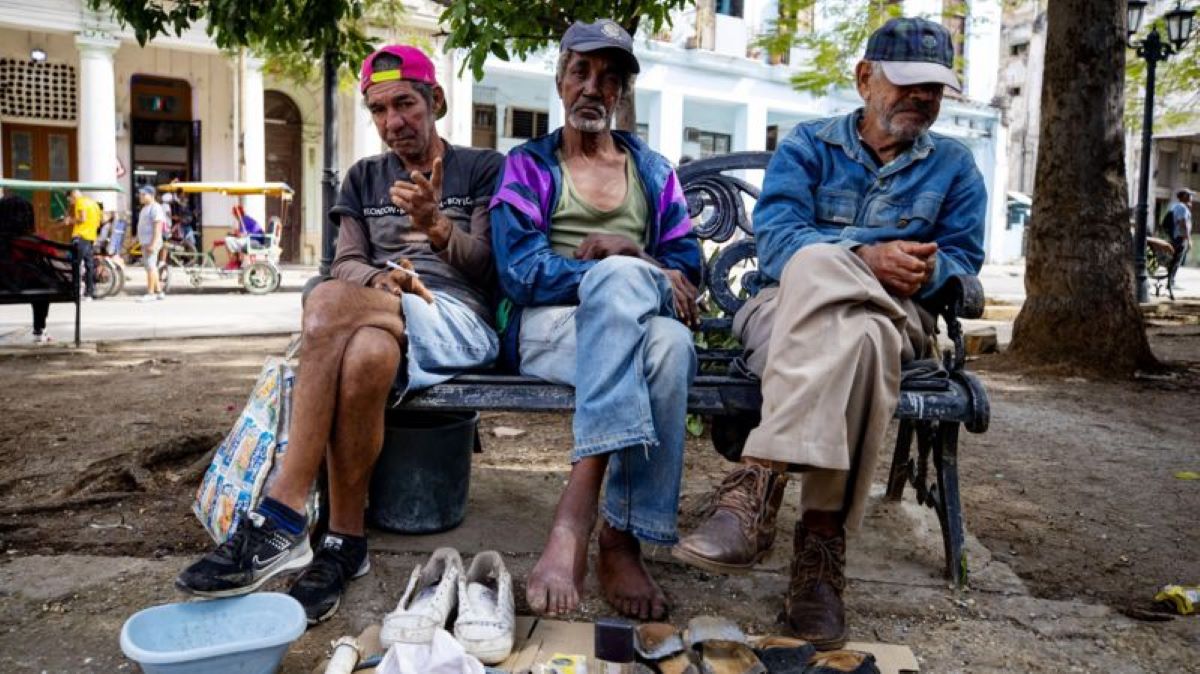By Yaxys Cires
May 30, 2024, 08:12 AM EDT
27% of Cuban households received some type of family remittance from abroad last summer, according to the VI Study on Social Rights (2023). This meant a significant reduction compared to the previous two years (34% and 37%, respectively), presumably because the efforts of quite a few families have focused on supporting their relatives’ departure from Cuba, by any means. Or faced with a certain level of fatigue in a tunnel, with no apparent exit, that lasts for many decades.
Solidarity aid from abroad is the incentive for a part of the Cuban population that daily faces blackouts, lack of food, medicine, transportation and the absence of freedoms. It is especially so for retirees who receive remittances, whose pension is worth less than a carton of eggs or a kilogram of powdered milk. But nothing is easy on that island, presented by the international left as the paradigm of social rights: 41% of those who receive remittances said they do not have enough to survive, according to the aforementioned study, while 34% said they have enough to survive. , but not to buy something extra. It is difficult to escape from the reality of poverty that today affects 88% of households and that causes at least 78% of citizens to have to sacrifice one or two meals a day.
In many countries, family remittances have been an energizing factor for the national economy. For example, many Colombians or Mexicans abroad invest part of their income in their country of origin, whether in small businesses, in the purchase of real estate or the education of their children. Why in Cuba today, with few exceptions, are remittances only a factor of subsistence?
The answer is found in its economic disaster, in the absence of freedoms, the lack of legal security and the state predominance in the economy. A combination of problems typical of a system that does not work, poor administration and an almost insurmountable distrust of the regime towards the Cuban exile, who likes their money, but fears their success.
While the Cuban regime is torn between “does not want” and “does not know”, people pay a high human cost. An overwhelming kidnapping that millions suffer, live and direct, to the rhythm of constant demands for sacrifices in vain and memories that they inhabit “paradise.”
* Yaxys Cires is Director of Strategies of the Cuban Observatory for Human Rights (OCDH).
